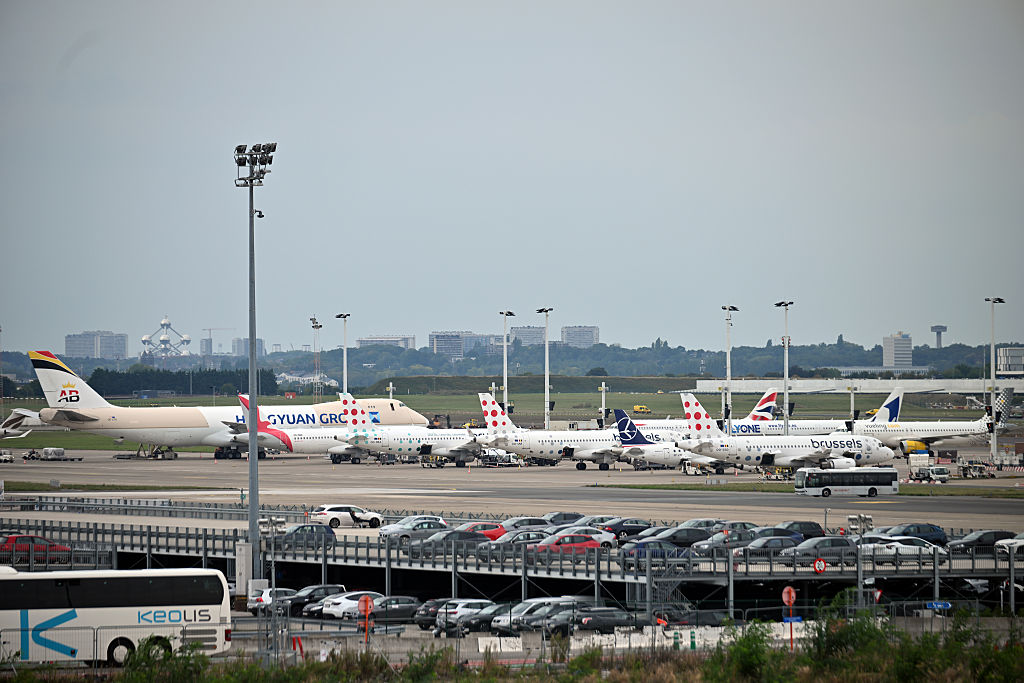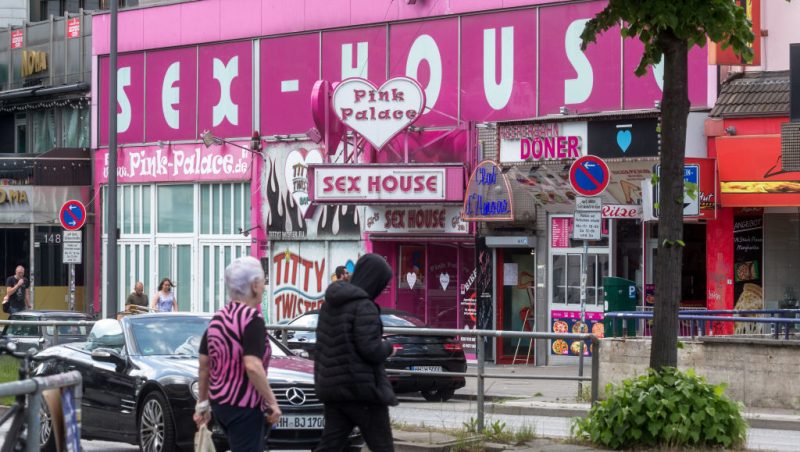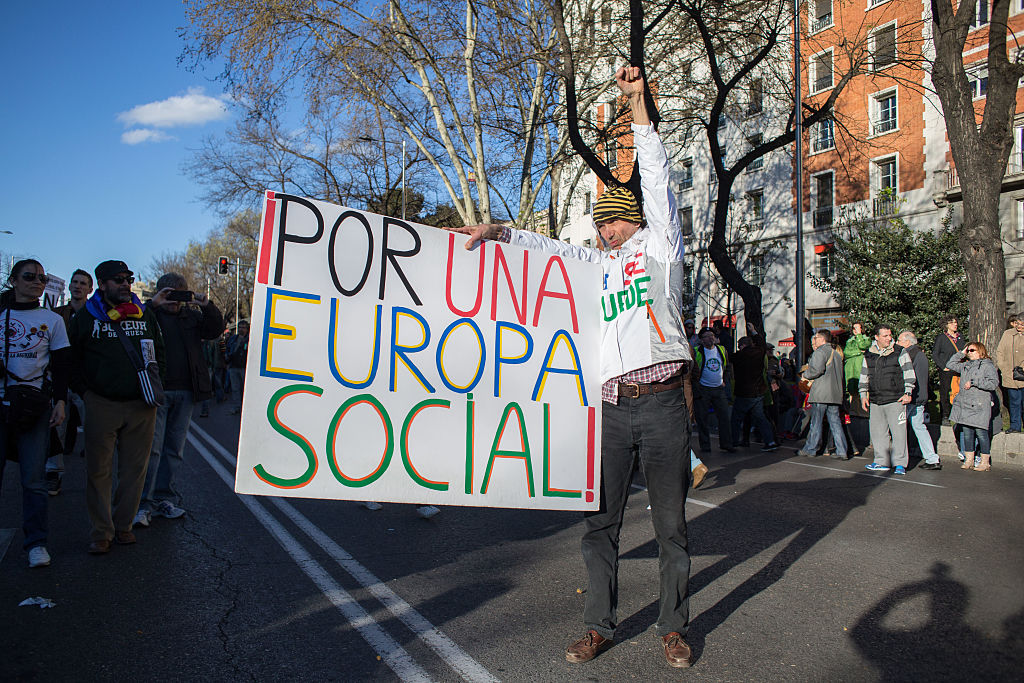The Brief – 7 November 2025: The Good, the Bad, and the Ugly
There's no shortage of plans to protect Europe's skies but the joint initiatives, increased spending, and grand designs for an "Air Shield" are cast into doubt as drone incursions have flummoxed airports and grounded flights

There are many acronyms bouncing around Brussels that might make Europe more secure, deter malevolent interference and defend EU countries from attacks on many fronts. But the joint initiatives, increased spending, and grand designs for an “Air Shield” are cast into doubt by the drone incursions that have flummoxed airports and grounded flights across the bloc.
Belgium has been hit with multiple drone incursions this week alone, possibly an intimidation as many EU leaders continue to push for the Ukraine “reparation loan” – which would use frozen Russian state funds held in the country.
But the seemingly universal lack of response to drones is striking. Given that have been around for years and are relatively low-tech compared to other implements in the quiver of modern warmongers. Like some dopey simian ineffectually batting at flies, Europe is taking a reputational hit with every emergency shutdown of basic infrastructure, argues Euractiv columnist Ilana Bet-El.
Trying to find a fix for the issue, EU capitals are considering plans to beef up the bloc’s very own border agency Frontex by extending its mandate to surveil airspace and critical infrastructure. It would be a significant expansion of the agency’s remit, something EU capitals have previously been wary about.
Farage associates fined
A decade-long probe into alleged misuse of EU funds has resulted in fines of over €100,000 for two men linked to arch-Brexiteer Nigel Farage.
The verdict follows a lengthy investigation which started with a tip to Belgian authorities in 2014 – before the UK had left the EU. The men were found guilty on charges of money laundering, breach of trust and forgery. They worked in far-right and populist networks that had close links to Farage’s UK Independence Party.
Belgian court convicts two for EU funds misuse linked to Nigel Farage’s Brexit group
The UK may have long ago left the European Union, but the legal fallout from…
4 minutes

Cutting deforestation regulation down to size
What was designed as a far-reaching regulation to make sure that products sold in the EU don’t contribute to deforestation has been stunted by political disagreements on when to implement it and exemptions. This week, the EUDR saw another setback, with a majority of EU countries pushing for more time and revisions.
But some industries that will be affected by the rules found stern words for the indecision. They say the lack of clarity adds to operating costs and risks, rewarding companies that fail to carry out due diligence.
Germany weighs tougher sex work regulation
Laws surrounding sex work in Germany are considerably less stringent than in other European countries, so much so that the health minister labelled it “the brothel of Europe” and called for a “criminal ban on buying sex for clients”.
As an alternative, Germany should adopt the “Nordic Model”, which criminalises the purchase of sex while decriminalising sex workers. Proponents hope this would reduce the operations of pimps and help prevent sexual exploitation and human trafficking. But any changes will face tough resistance, with one researcher highlighting the “huge amount of money involved – billions”.
‘Brothel of Europe’: Germany reopens debate on sex work
A renewed debate over prostitution has emerged in Germany after Bundestag President Julia Klöckner described…
4 minutes

A blood feud in Crete
The Greek island of Crete has been shaken by a bloody vendetta that saw two people killed in a shoot-out involving Kalashnikov rifles, pistols, and hunting guns.
Special police units sealed off the affected 500-resident village, raided homes and closed local schools. Drones were even hovering above the local church on Tuesday during the funeral of one of the victims.
But locals were fearful of what would happen when the authorities left, and doubts have been raised about the efficacy of Greek gun laws. Local politicians refrained from commenting on the incident.
The Brief will be on pause on Monday 10 and Tuesday 11 November, Armistice Day. The next Brief will arrive in your inbox on Wednesday, 12 November.



